Recent spikes in coronavirus infection rates in Florida, Texas, Arizona and California forced some hospitals to pause elective surgeries in order to allocate their resources to the care of COVID-19 patients. The temporary bans on non-emergent cases got the attention of surgical professionals across the country who are still recovering from the nationwide shutdown of elective procedures in March during the initial wave of the pandemic. The shutdown was a devastating blow to sidelined surgical professionals whose livelihoods were put on hold and patients who suddenly learned procedures that would improve their quality of life — or perhaps save it — were deemed optional. The government's decision to suspend non-emergent surgeries was the right call at the time. There were too many unanswered questions about the risks associated with the coronavirus to allow invasive procedures to proceed.
"No one had experience in managing surgical care during a pandemic," says Lisa Rhodes, MPP, chief administrative officer of perioperative services at UC San Diego Health. "There was a lot of fear of the unknown. We wanted to ensure the safety of our staff and patients, but no one knew what that meant."
Elective cases were allowed to resume in May and surgical facilities quickly adapted to new policies calling for COVID-19 testing, daily screenings, universal mask wearing and social distancing. Surgeries have been performed safely for months during the pandemic, causing many surgical leaders to push back against the possibility of future postponements of elective procedures.
"We now have months of experience in how to operate safely in a COVID world," says Ms. Rhodes. "There's a reason why patients decide to have surgery. We're now well positioned to provide the care they need."
The fundamental elements of outpatient surgery — efficient care, same-day discharge, specialized teams who care for relatively healthy patients — make ambulatory care settings ideally suited for the pandemic.
.svg?sfvrsn=be606e78_3)
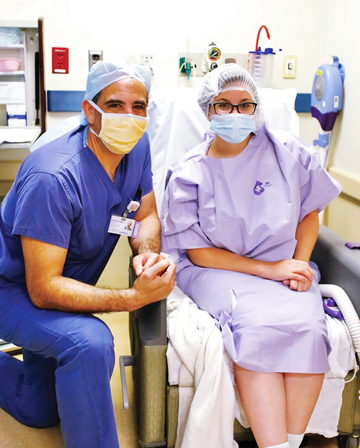
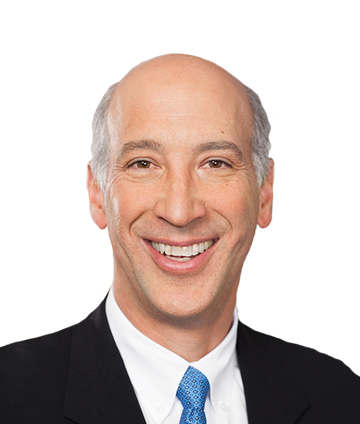
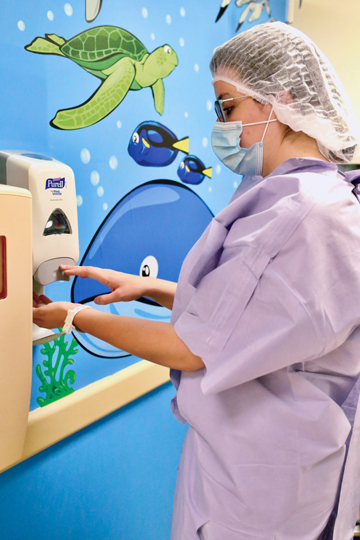
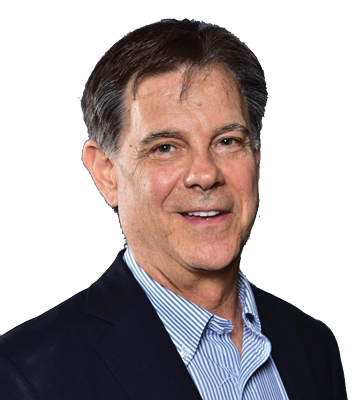
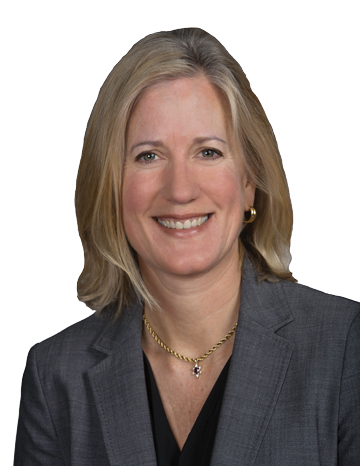
.svg?sfvrsn=56b2f850_5)